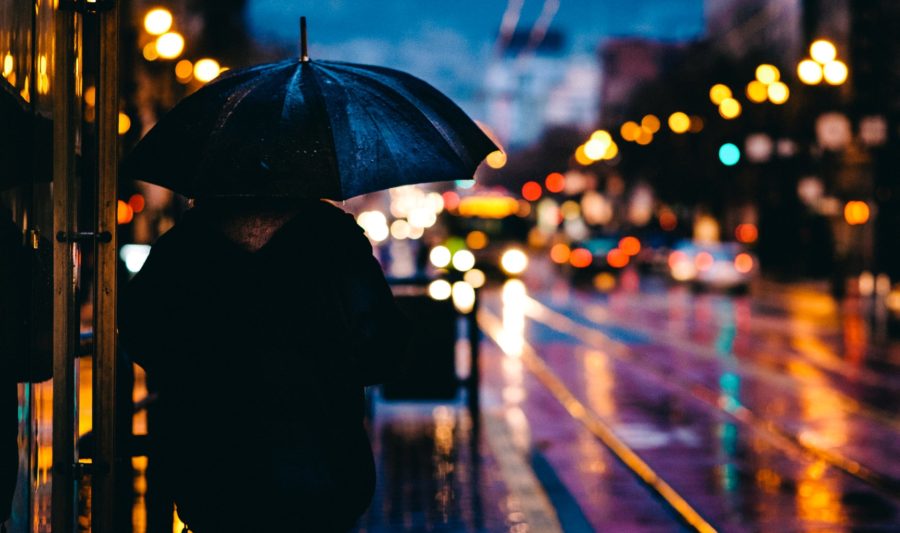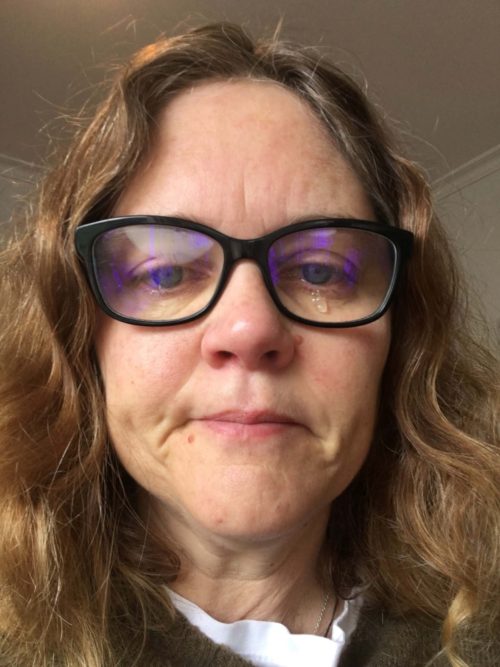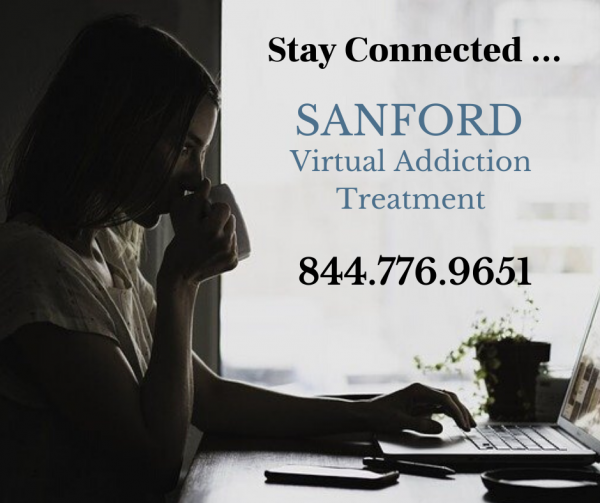Watery Me – Crying in Recovery

Embrace the rain – crying in recovery.
At the start of the pandemic I cried for two weeks. Not all day, every day, but very regularly. The enormity of the crisis, the fear about the virus, the concerns about lock down – it was a lot to deal with and get my head around. Every time an email came through from one of our sons’ school teachers or sports coaches saying something kind or encouraging, I cried. Every time I watched our Prime Minister speak to the nation with a severity and gravity not seen before, I cried. And every time I saw crowded hospital images from virus-riddled countries, I cried.
Even relatively benign images of people wearing masks and hand sanitizing made me get teary – such was my despair at our world facing a pandemic. A pandemic! Even the word itself took a while to sink in. A good two weeks at least until my inner core accepted and adjusted to the new reality and for the tears to stop.
Crying in Recovery
Getting teary is not new to me. In the past 9 years since I got sober I’ve come to discover that I’m naturally a very watery person. Feeling sad and getting teary is often my first go-to emotional response to sad or difficult things. If someone says or does something hurtful towards me, my first response isn’t hardening with anger, it’s crumbling with hurt. If I watch someone (in real life or on TV) display real, raw emotion I don’t watch in a detached way. I feel it along with them and my eyes prick with tears. And if someone I love gets seriously ill or dies – I’m a gaping chasm of sadness.
When I first quit drinking, I hated this side of my nature. I felt uncomfortable with it, overwhelmed by it and weak for feeling it a lot of the time, like it was wrong to feel this way and I should ‘harden up’.
Problem is, my usual go-to ‘harden up’ method was to drink alcohol. My twenty-plus year steady, heavy and habitual alcohol habit (I know now) was largely carried out in an attempt to numb myself and avoid feeling. And mostly to avoid feeling watery and sad.
Accepting my watery side …
It took years of sobriety for me to fully accept and embrace this side of my nature. Years of not drinking and going through ups and downs and tricky situations, noticing how I respond and react, recognizing and getting used to it. To finally get to a place where I can say without discomfort; this is who I am naturally and it’s okay. I used to say that sadness was my least favourite emotion. Now I would say that it’s the one I feel most tenderly towards. I like that side of me, I find it gentle and touching. I like that it feels authentic. And I like that it deeply connects me with others.

Embracing the waterworks – author Lotta Dann showing her softer side.
So now when I get teary – like I did for two straight weeks at the start of the pandemic – I’m okay with that. I know that I’m having a normal “Lotta reaction” to events that are full on. I know that it won’t last, and that it’s best for me to let the feelings out and express them so I can move on feeling calm and inwardly resolved. Somewhat at peace because I have honestly communicated with myself about how I truly feel. And that’s how I feel now about what’s happening in the world with this horrendous pandemic. Still carrying sadness, fear and concern, but also calm acceptance and an openness to dealing with things as they present themselves.
This is the gift that sobriety brings. Calm acceptance of even the most difficult things. And a deeper understanding of yourself than you will ever imagine. Priceless, really.
For more articles by Lotta Dann (Mrs. D) click HERE.



